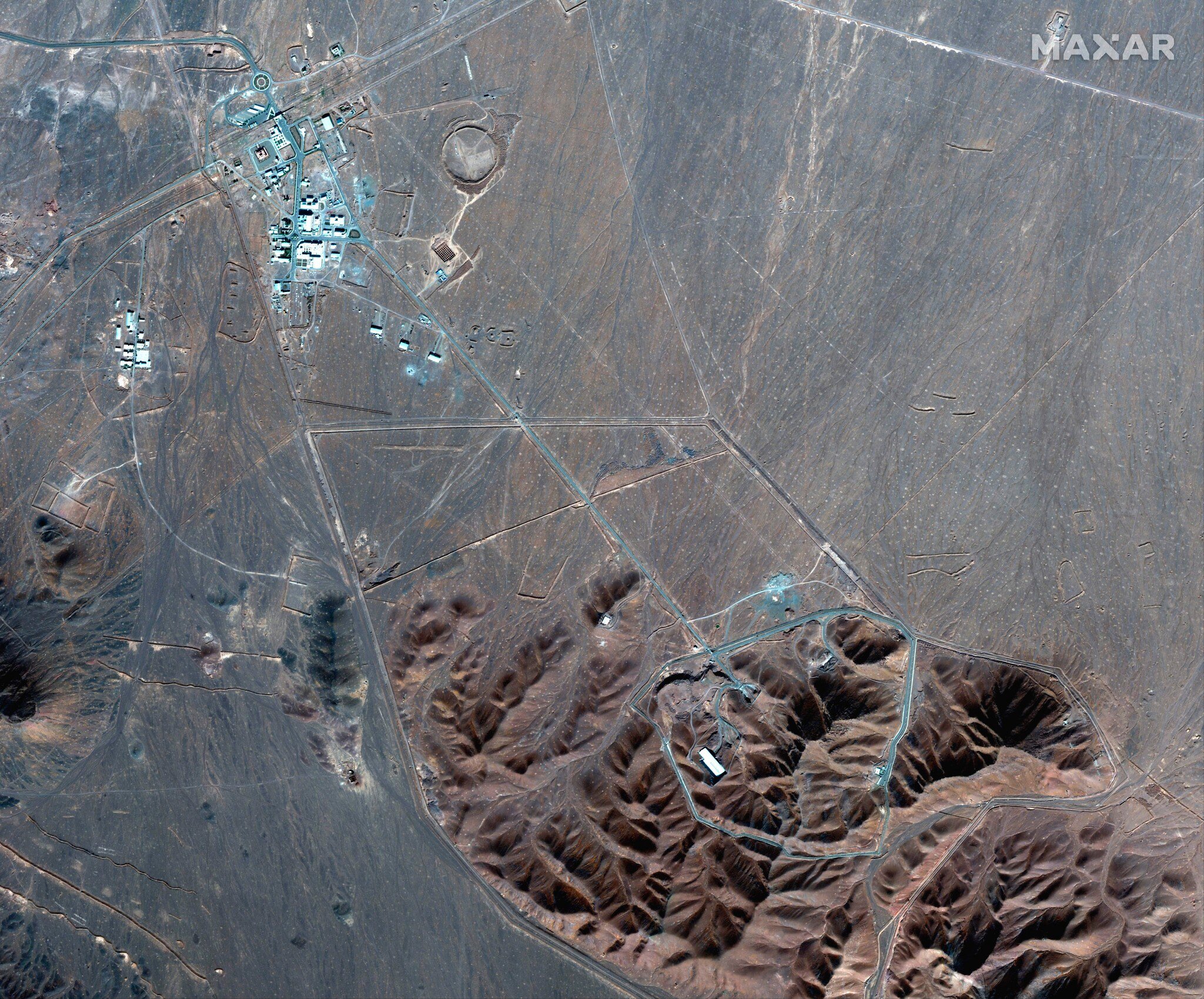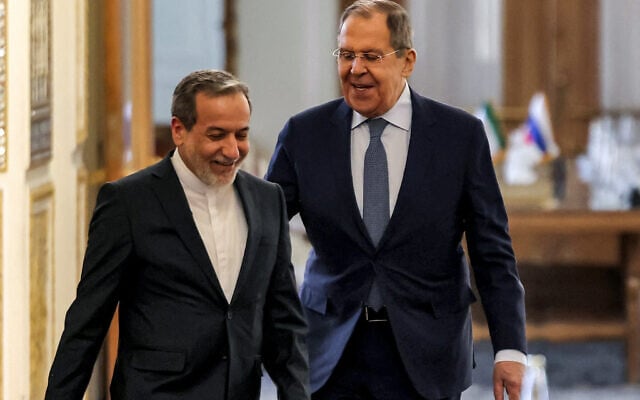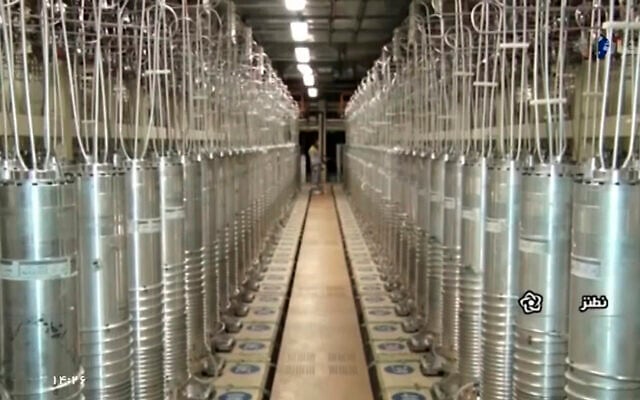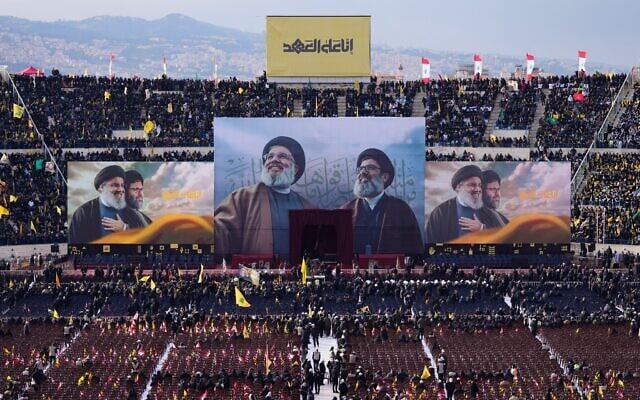



Iran has placed its nuclear facilities on high alert bracing for a potential attack by Israel and the United States, The Telegraph reported Tuesday.
According to a report in the British Telegraph, Tehran has deployed additional air defense system launches around key nuclear and missile sites.
“They [Iranian authorities] are just waiting for the attack and are anticipating it every night and everything has been on high alert – even in sites that no one knows about,” a source was quoted telling the news outlet, saying that concerns have heightened with rhetoric from new US President Donald Trump.
An official told the newspaper that there was an understanding in Tehran that Iran’s already-weakened air defenses “may not be effective in the event of a large-scale strike.”
Last year, Israel carried out a wave of retaliatory airstrikes on Iran after Tehran carried out a second missile attack on Israel.
Israeli jets targeted Iranian air defenses as well as its ballistic missile program, striking factories, storage sites, launchers and research facilities, and targeting one facility believed to be used for the regime’s pursuit of a nuclear weapon.
Iran’s nuclear sites are also widely seen as more vulnerable with many of Tehran’s proxies weakened.
In November, after over a year of rocket and drone attacks by Hezbollah, Israel decimated the Lebanon-based terror group’s leadership, fighters and weapons stores.
Days later, Sunni rebels took advantage of Israel’s successes and swept southward from Idlib, ending the Assad family’s half-century of rule in Syria and breaking the land bridge between Iran and Hezbollah.
Earlier this month The Washington Post reported that US intelligence assessments showed Israel is considering strikes on Iran’s nuclear program, and that the attacks could come as soon as mid-year.
Iran, whose leaders are sworn to Israel’s destruction, has formally rejected nuclear weapons. However, it has continued to advance its nuclear program, accelerating the enrichment of uranium to up to 60 percent purity, close to the roughly 90% needed to assemble a nuclear warhead. Critics say there are no civilian purposes for such highly enriched uranium.
Responding to the report, Iranian President Masoud Pezeshkian said Tehran’s enemies may be able to strike the country’s nuclear centers but cannot deprive it of its ability to build new ones.
Amid the threats, Iran on Tuesday also vowed to resist US sanctions and said they will not compromise on the nuclear issue.
During a one-day trip to Iran, Russian Foreign Minister Sergei Lavrov discussed regional and bilateral topics with Iranian Foreign Minister Abbas Araqchi, state media reported.
The visit comes a day after the United States imposed a fresh round of sanctions targeting Iran’s oil industry, the Islamic Republic’s main source of income.
Trump earlier this month restored his “maximum pressure” campaign on Iran that includes efforts to drive the country’s oil exports to zero, reimposing a tough policy on Iran that was practiced throughout his first term.
“Iran’s position regarding nuclear talks is clear and we will not negotiate under pressure and sanctions,” Araqchi said during a televised joint press conference with Lavrov.
“There is no possibility of direct negotiations with the US as long as maximum pressure is being applied in this way.”

While Trump had said he would “love to make a deal” with Iran’s clerical rulers, Iran’s utmost authority Supreme Leader Ayatollah Ali Khamenei said this month that talks with the United States were “not smart, wise, or honorable.”
However, he stopped short of renewing a ban on direct talks with Washington decreed during the first Trump administration.
In 2018, during his previous term in office, Trump pulled the US out of Tehran’s 2015 nuclear pact with six world powers and reimposed sanctions that have crippled Iran’s economy.
Tehran has since breached the pact’s nuclear limitations and efforts to revive the pact under the Biden administration failed.
Lavrov said he was sure that diplomatic measures were still on the table when it came to resolving issues around Iran’s nuclear program.
Moscow and Tehran have angered the West by developing stronger defense ties since the start of the Ukraine war in 2022.
“Our cooperation will be in various fields, including energy, trade, tourism and many other areas,” Araqchi said.


